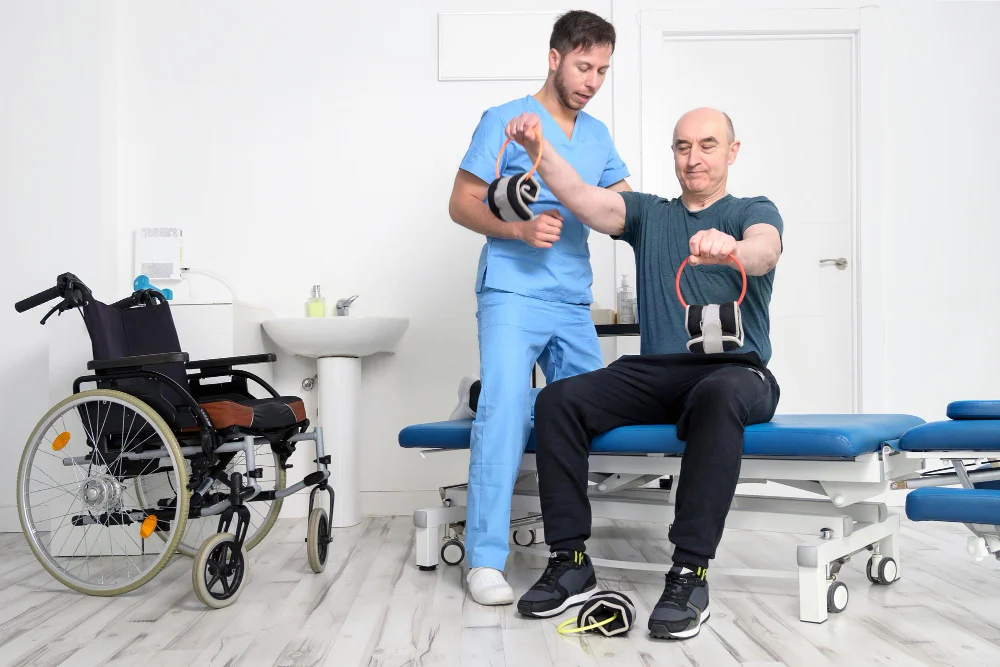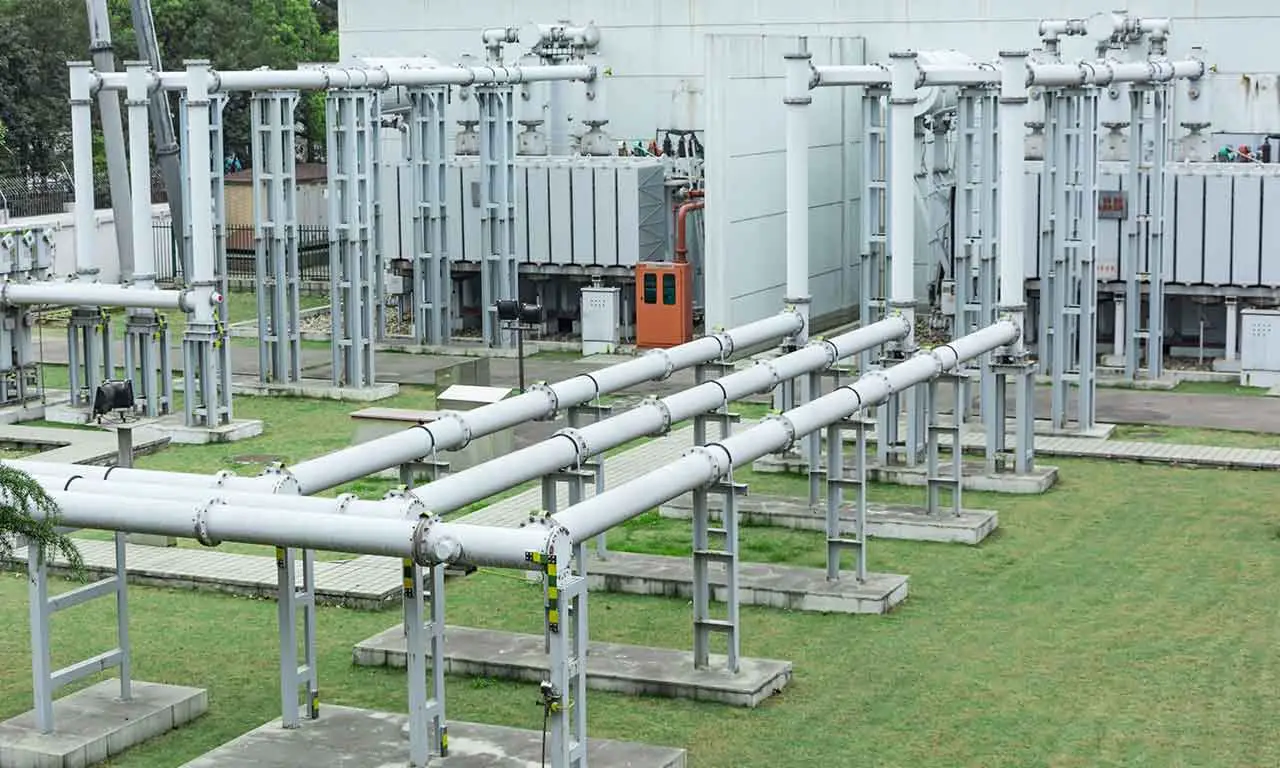Cocaine addiction is an overwhelming global epidemic that impacts individuals and societies worldwide. Recovering from cocaine dependence requires professional help and support; we will explore cocaine rehab here by outlining different aspects of rehabilitation programs as well as key steps involved in breaking addictions. If you or anyone close to you is currently dealing with cocaine abuse or dependency, this article may offer valuable insights and direction.
Understanding Cocaine Addiction
Cocaine is an intense stimulant drug that produces feelings of extreme pleasure and energy; however, regular usage can quickly turn into addiction due to how cocaine affects the reward system in our brains and makes quitting difficult on its own. Furthermore, compulsive cocaine abuse often has serious physical, psychological, and social repercussions for the individuals involved.
Recognizing the Need for Rehab
Realizing you require rehab can be the cornerstone of recovery, so it is crucial that you recognize its necessity early. Recognize signs of addiction such as:
Loss of Control Over Cocaine Usage
Neglect of Responsibilities and Relationships Failed attempts at Quit; Increase in Tolerance and Withdrawal Symptoms Many Different Cocaine Rehab Programs
There are various rehabilitation programs tailored specifically toward an individual’s need for recovery from cocaine dependency.
Inpatient Rehabilitation Inpatient rehab programs offer individuals an immersive environment in which to receive comprehensive healthcare treatment, support, and therapy around the clock in a controlled facility setting. In these environments, they receive 24/7 medical assistance as well as psychotherapeutic therapies in addition to professional support staff for therapy sessions and support services.
Outpatient Rehabilitation
Outpatient rehab programs allow individuals to access treatment from home. Therapy sessions and counseling take place regularly on a scheduled basis, providing flexibility for individuals who must manage work or family responsibilities simultaneously.
Residential Treatment Centers
Residential treatment centers combine elements from both inpatient and outpatient programs into an all-inclusive therapy and counseling experience for residents living on-site in a supportive setting. Therapy may include art therapy and music therapy among others.
Initial Assessment and Treatment Planning
Prior to entering any rehab program, individuals undergo an initial evaluation in order to select an effective approach and treatment approach that takes into account the individual’s unique needs, medical history, and addiction severity level. Once that plan has been created they undergo ongoing monitoring by professional staff members as needed for best outcomes.
Detoxification as the First Step
Detoxification refers to the removal of cocaine and its byproducts from one’s body under medical supervision in order to manage withdrawal symptoms as well as guarantee the safety and comfort of an individual undergoing this stage.
Therapy and Counseling
Therapy and counseling play an integral part in cocaine rehab. A number of evidence-based approaches may be utilized:
Cognitive-Behavioral Therapy (CBT)
CBT helps individuals recognize and change negative thought patterns and behaviors associated with addiction, providing coping strategies and skills necessary for maintaining sobriety.
Motivational Interviewing (MI) is an approach designed to foster motivation and commitment towards change by relieving ambivalence while building intrinsic motivation for recovery.
Group Therapy
Group therapy offers individuals a safe space in which they can share experiences, gain new perspectives and find encouragement from peers who are all working toward recovery.
Family Therapy Wedge Oak
Holistic Approaches in Cocaine Rehab
A range of complementary therapies and holistic methods may boost the efficacy of cocaine rehab programs, including:
Exercise and physical fitness
Regular physical fitness promotes not only overall physical wellbeing, but it can also boost mood and curb cravings by channelling energy towards productive outlets instead.
Nutrition Counseling
Proper diet and nutrition play an integral part in supporting recovery processes. Nutritional counselling educates individuals on making healthier food choices to aid healing and revitalize vitality.
Mindfulness and Meditation
Engaging in mindfulness and meditation techniques provides relaxation, stress reduction and emotional stability. Furthermore, practicing such techniques increases self-awareness while decreasing relapse risks.
Art therapy offers individuals an outlet to express themselves creatively while healing emotionally. Engaging in artistic activities helps individuals manage emotions more effectively while developing healthier coping mechanisms.
Relapse Prevention Strategies
Cocaine rehab places great emphasis on relapse prevention strategies. Some strategies used for doing so include:
Recognizing Triggers and High-Risk Situations
Understanding one’s personal triggers and high-risk situations enables individuals to develop strategies to avoid or manage them more effectively.
Learning Healthy Coping Mechanisms mes Building effective coping mechanisms and stress-reduction techniques is crucial in facing life’s obstacles without turning to drugs as an escape route.
Aftercare Support Post-rehab aftercare support programs provide ongoing assistance and guidance after completing rehabilitation. They may include continued therapy sessions, support groups or relapse prevention resources.
Dual Diagnosis: Addressing Co-Occurring Disorders
Individuals suffering from cocaine addiction also often struggle with coexisting mental health disorders; dual diagnosis programs provide comprehensive treatments that address both issues simultaneously and ensure complete healing for each.
Support Systems
Building strong support networks is crucial to long-term recovery from addiction. Family, friends, support groups and sober communities provide encouragement, understanding and accountability throughout your journey to sobriety.
Combatting Stigma and Seeking Assistance
Stigma associated with addiction can deter individuals from seeking assistance, so it is imperative to remove barriers, build empathy, and foster an environment in which those struggling with substance use disorders feel safe enough to seek the support they require.
Financial Considerations and Insurance Coverage
Rehabilitation programs vary in their cost, so understanding insurance policies or seeking financial aid or non-profit support to lower expenses could provide options for more cost-effective rehabilitation treatments.
Finding an Appropriate Rehab Facility
Selecting the ideal rehab facility is key for successful recovery, taking into account factors like accreditation, treatment approaches offered at each treatment approach offered, staff qualifications and aftercare support plans as well as individualized plans of care.
Success Stories from Real-Life Experiences
Success stories provide hope and motivation for people seeking recovery. Hearing how others have defeated addiction and rebuilt their lives is both motivating and gives a boost of confidence.
Cocaine rehabilitation can be an extraordinary journey that demands commitment, professional guidance and support from loved ones and professionals. Utilizing evidence-based therapies, holistic approaches, relapse prevention strategies and strong support networks individuals can find freedom from cocaine dependency to lead a happier, drug-free lifestyle.


















